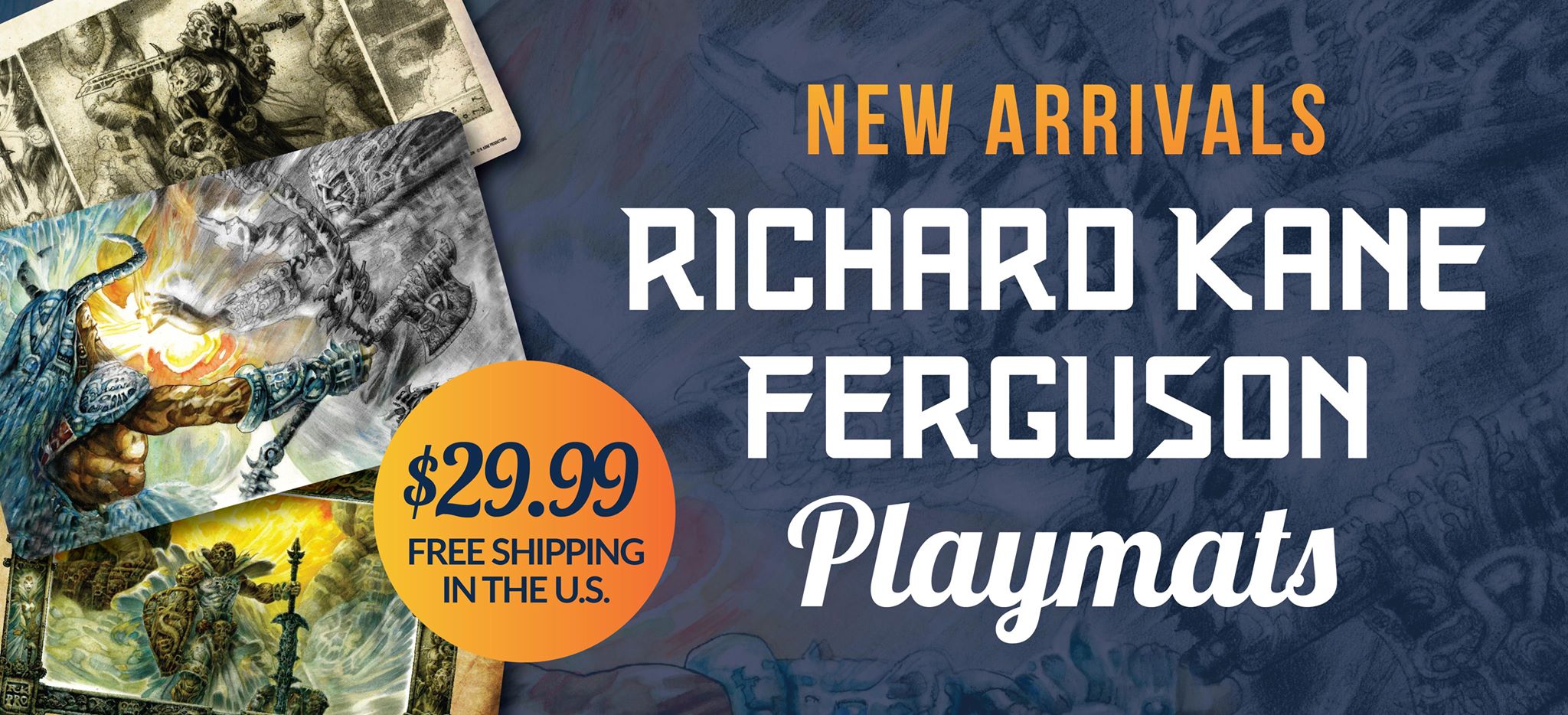Flexibility Wins Games in Star Wars Destiny

Last week I promised that I would continue discussing deckbuilding. Have no fear, that is coming soon. However, with Gencon around the corner, I want to focus on a critical issue that is often overlooked, even by skilled players, being FLEXIBLE. The ability to be flexible is what separates great players from good players. While flexibility is also important for deck construction, the focus for today is game play flexibility, particularly the ability to be flexible regarding one’s plan based on in game data. Three areas are especially important: targeting heroes, claiming the battlefield, and changing one’s game plan.
Targets
One of the hardest places to be flexible is in selecting your primary target. Most people have a plan in their mind of how they well execute a particular matchup. For example, against Emo Kids (Evader/EKylo) most people kill Vader first every time. Against Vader/Raider, the same is usually the case. Against FN decks, FN is the primary target. While I am not arguing against this approach, it is important to be willing to be flexible with your plan.

Choosing the correct target is especially important when facing Poe/Maz. Also, there isn’t much room for error, as the game will be a quick one. As such, everyone should have a plan worked out ahead of time for handling this monster. The first step of being flexible is the understanding that even against the same deck, you need to have different plans based on the deck you are playing. You need to have answers to important questions such as, am I trying to be faster, rely on my removal, do more damage each turn, or capitalize on my opponent claiming first. Each of these solutions will lead you to a slightly different plan. The bottom line is, don’t think that every deck will choose the same target.

Let’s take a look at this flexibility in action with a real life example. I was playing Poe/Maz (before the Fast Hands errata) with the Emperor’s Throne Room as the battlefield. My opponent was playing an Obiwan/Rey deck. I won the initial roll and chose my battlefield. Surveying the situation, I would say most likely, the primary target should be Poe. However, the first turn will give us more information. You might say, umm that is obvious of course you go for Poe here. However, we need to be flexible. What if something bizarre happens, and a Rocket Launcher is dropped on Maz turn 1, she would probably become the target. As it happened, my first action was to play a Fast Hands on Poe. This should solidify Poe as the obvious target. Even if Maz were to die turn 1, Poe can still resolve dice from both Fast Hands and the battlefield, putting tremendous pressure on the Obi-Wan player. The Obi-Wan player was able to play a Vibroknife on Rey, roll Obi-Wan, and get double 3’s. I couldn’t believe it, Poe was half dead and Rey hadn’t even rolled yet! Much to my surprise though, my opponent put 6 on Maz and proceeded to kill her early in round 2. At the time, he was quite happy with the result. He had a plan and enacted it perfectly. However, he lost anyway.
After the game we discussed his plan. He informed me that this plan was based on previous success, as this was how he had beaten Poe/Maz in a different game. However, when I probed him about that game, it turns out the scenario was quite different. In that game, the Poe/Maz player had lost his battlefield. He also was not able to find a turn 1 Fast Hands. Thus, killing Maz first worked great. Once Maz went down, there was no easy way for Poe to resolve his dice. Therefore, this was not a case of poor planning, but the issue was not being flexible. The point is, every game is different, even the same matchups. Battlefields and early plays can change everything. Thus, while a plan going into a game is important, it needs to be flexible.
Claiming the Battlefield
Claiming the battlefield is one of the most overlooked and difficult aspects of Destiny. It is also an area where flexibility is critical. Often times you will have a plan regarding your deck and the battlefield. Some decks are fast and plan to control the battlefield, while others are intentionally built slower, knowing that they will never be claiming the battlefield. However, as I like to say, never is never correct. Sometimes that deck that never claims the battlefield needs to adjust to the situation on the board.

Recently I played a game with a Funkar deck (FN/Troooper/EUnkar), and my opponent was using Snap/Rey/EMaz. My deck likes to go slow, controlling dice and resources, deploying weapons later in the round, and activating FN very late in the round. My opponent was using Cargo Hold, which immediately made me rethink my plan. This was going to be tricky, if I waited too long, he could move over my upgrade, depriving me of either damage or the chance to overwrite with FN shenanigans. To make matters worse, he played 2 copies of Planetary Uprising during round 1. This was certainly an uphill battle. Rather than executing my normal plan, I claimed the battlefield quite early nearly every round, usually leaving 1 character inactivated. My opponent was baffled by my behavior, as he was often expecting at least 6 more actions from me every turn. However, my mindset was if I let him claim the following would happen: he would take my resources with Snap, deprive me of my damage anyway with Cargo Hold, and do piles of damage with Planetary Uprising. By changing my entire game plan I was able to put out more weapons and eventually overwhelm him. In the end, I lost no characters and won rather easily. After the game, my opponent lamented his own lack of flexibility in not recognizing that I had changed my gameplan, one which he was well practiced against. Thus, by being flexible I was able to adapt to the situation and throw my opponent off his game.
Game Plans
A final place to explore flexibility is your overall game plan. You should have a game plan coming into a game. That is, what does your deck do and how does it do it? Do you focus on quick damage, resource denial, early upgrades leading into big damage, discarding cards, or some other plan? While this is important, it is also important to recognize when your plan is not ideal, or when another plan would work better. A prime example of this is playing against FN decks. If you can strip their resources every turn before a weapon comes down, you have essentially neutered their deck. So while you may have been intending to do something entirely different, playing an ambush weapon on Rey, and then rolling Han and hoping for that disrupt side, should now be your plan.

Another example, again targeting poor FN, is hand denial. Your deck may in no way be a mill deck, but pulling cards from an FN player can really hurt their game plan. Often when Rey rolls her discard side, I find myself quite worried and thinking to myself, “please reroll that die!” Usually the Rey player obliges and rerolls, hoping for what exactly who knows, as her dice are pretty lackluster. Pulling that weapon from a Nines player or pulling that Thermal Detonator from Poe can be pretty destructive. This is especially the case with weapons like Vibroknuckles. I have actually found myself paying a resource to rip 3 cards from my opponent’s hand.
Taking this hand control a step farther, always be aware of your opponent’s deck size and the board state. You should always be looking to shift your focus to the alternate win condition of milling an opponent. I’ve had many games where it was clear that neither player was going to get their damage done fast enough, and the winner was the player that recognized this faster. Nothing feels better than knowing a late game adjustment pulled out the tight win.
Well, I hope you enjoyed my foray into being flexible. Remember it’s always good to have a plan, but like rules, they are meant to be broken!
Next time I will continue my discussion of deckbuilding, well unless I don’t. Until then you can find me at www.patreon.com/TinyGrimes creating regular content and on Itunes/Youtube with the Smugglers Den and other videos.





